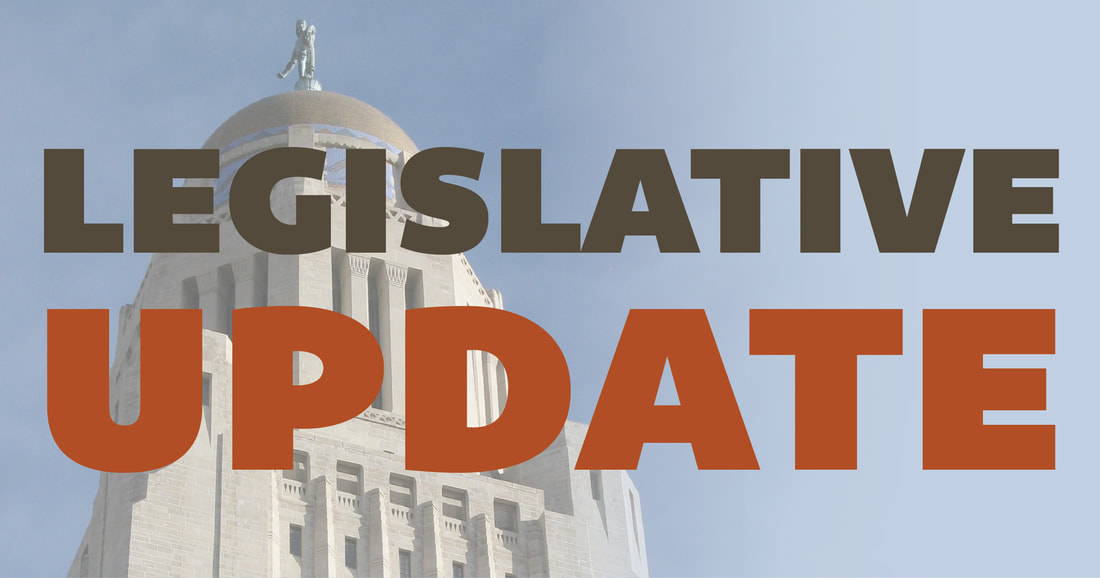|
The Oceanside Chamber of Commerce Emerging Issues Forum, held the first Thursday of every month, provides an avenue for Oceanside Chamber members to learn about key community issues, interact with legislative representatives and receive updates on legislative items impacting business. April’s forum provided attendees with a detailed update on federal legislative issues impacting businesses and the Oceanside community as a whole. Providing the update was Jennings Imel, Executive Director at the Western Regional Office of the US Chamber of Commerce. To begin his presentation, Imel gave an overview of the 2018 midterm elections, discussing the key departures, additions and takeaways in both the House and the Senate. Within the House, the 2018 midterm elections saw the second highest number of House departures since 1970. At 73 departures, 51 Republicans and 22 Democrats, 21% of the House is new with 93 new freshmen. The Senate, however, saw 3 retirements, Jeff Flake, Bob Corker and Orrin Hatch. With these new retirements and roles, almost half of the 2010 GOP is gone, leaving Democrats in control of the House and Republicans in control of the Senate.
For the remainder of 2019, the House Floor Schedule is as follows:
On the Senate’s legislative agenda, Senate rule changes and the Green New Deal are high on the priority list followed by judicial appointments to fill the 144 vacant positions, budget reconciliation, infrastructure, ratification of USMCA, tariffs, defense of tax reform, appropriation, and the debt ceiling. Although the House and the Senate are currently divided, there are some areas for bipartisanship. Taking a look back at 2018, Republicans and Democrats were able to work successfully on a number of topics including the Music Modernization Act, which aimed to modernize copyright-related issues for music and audio recordings due to new forms of technology like digital streaming, the opioids epidemic, FAA Reauthorization Act which establishes new conditions for recreational use of drones and immediately repeals the Special Rule for Model Aircraft, and Criminal Reform. According to Imel, Republicans and Democrats must focus their bipartisan efforts in three specific areas: operating the government at the debt ceiling, keeping the government funded and avoiding sequestration. The following areas allow for additional opportunities of productive collaboration between the two parties:
While House and Senate decisions may still be up in the air, businesses can still make a difference by rebuilding the government in the middle, that is the connection between businesses and the community. Imel discussed the “new and improved” Chamber Congressional scorecard. The scorecard rewards members of Congress for helping to advance pro-business policies while simultaneously encouraging members to reach the compromises necessary for effective governing. The scorecard shows chamber members how the individual compares to the rest of the Congress, their party, and their delegation. The revised scorecard weighs legislative votes at 80%, legislative leadership votes at 10% and bipartisanship votes 10%. The US Chamber will also continue to host Freshman Forums giving new legislative leaders the opportunity to share updates and meet constituents, hoping to encourage regular engagement with the business community. In addition to Imel’s federal update, attendees also received legislative reports from Kyle Krahel-Frolander from Congressman Mike Levin’s office, Christopher Marsh from CA Senator Pat Bates’ office, Fernando Hernandez with Assemblymember Tasha Boerner Horvath’s office, Shaina Richardson with County Supervisor Jim Desmond’s office, and Christopher Rodriguez, Oceanside City Councilmember. Comments are closed.
|
Categories
All
Archives
December 2023
|
|
|
|
|


 RSS Feed
RSS Feed
